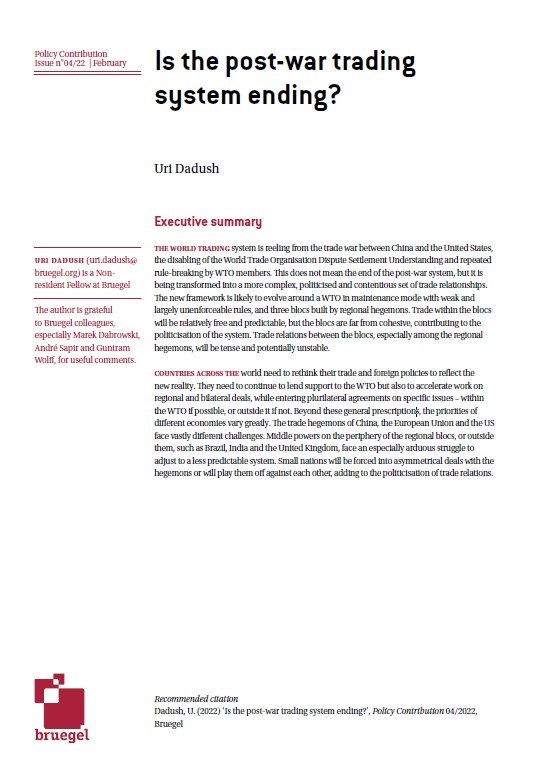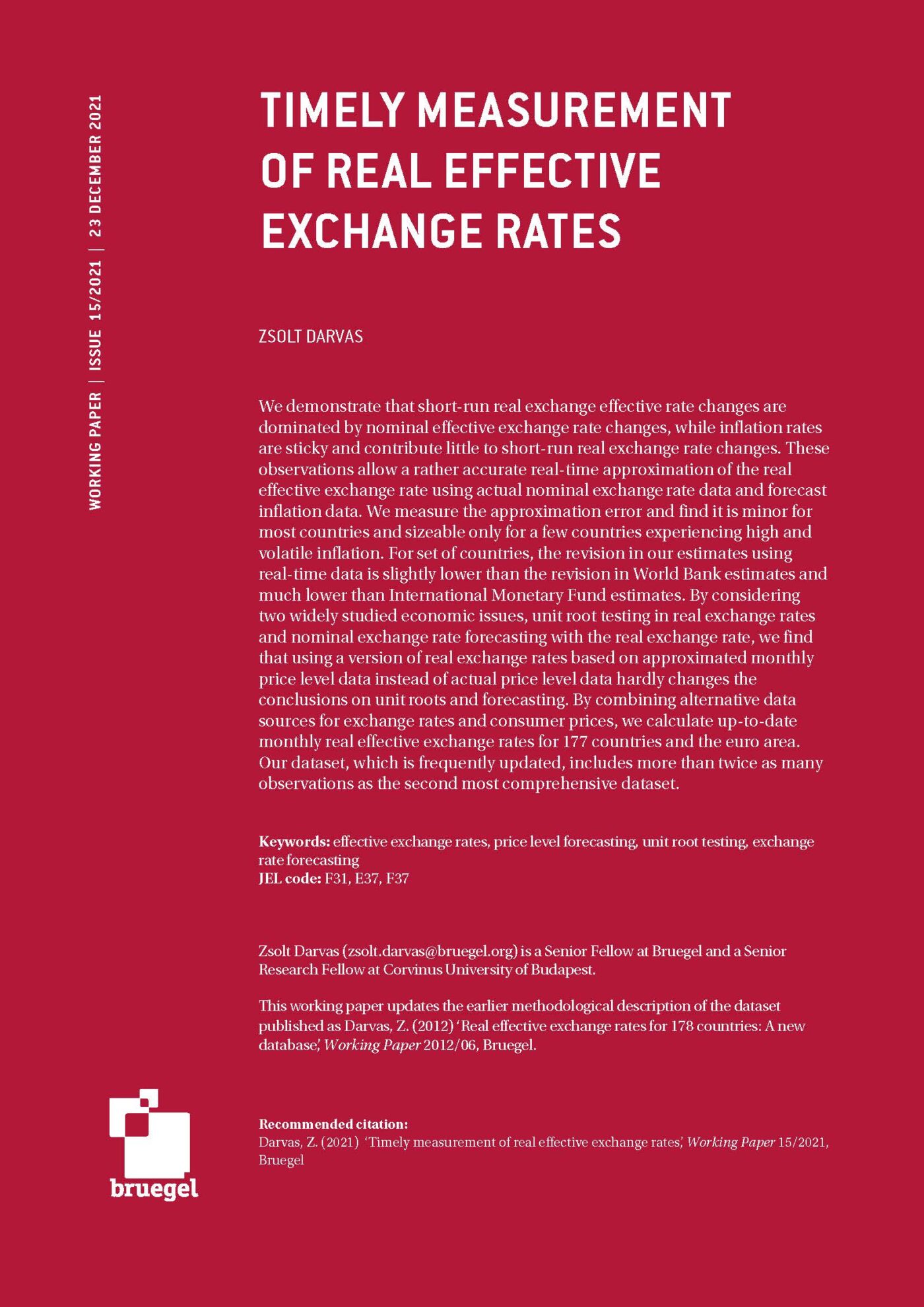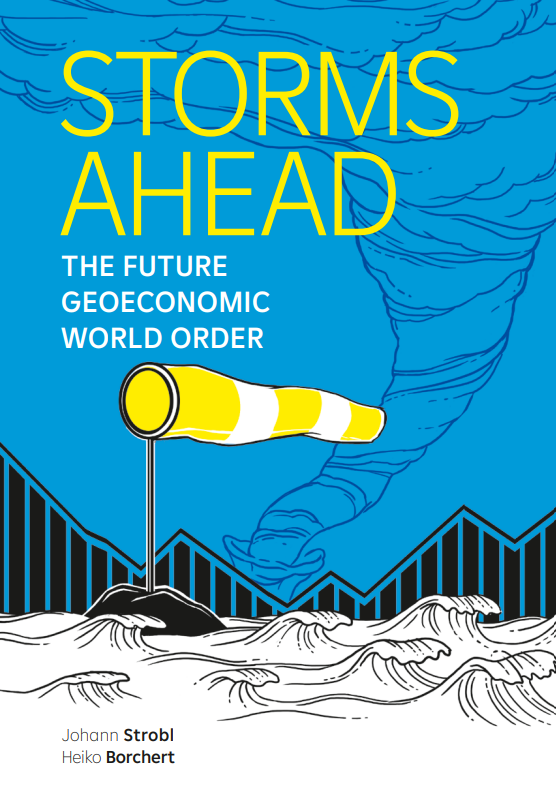Opinion
HK, Taiwan divergence result of economic policies
While the effect of the ongoing unrest on the Hong Kong economy is obvious, Taiwan was already doing better before the protests started.
Hong Kong and Taiwan published their third-quarter growth figures very close in time, but the results were far apart.
The two share the same global risks insofar as both are open economies affected by the US-China trade war and are heavily dependent on the mainland, whose economy is slowing down. And yet, while both economies grew at the same speed (2.9%), it was in opposite directions: Taiwan positively and Hong Kong negatively.
It goes without saying that the Hong Kong economy has been bogged down by social unrest since mid-June, which explains the fast deterioration, but it is also true that both economies were already diverging before the social unrest started. The question, thus, is how was the Taiwanese economy able to perform better not only than Hong Kong, but also than other similar economies such as Singapore or South Korea (the four economies used to be considered the “Asian Tigers” in the 1980s and 1990s)?
The first important difference is the absence of monetary and exchange-rate policies for Hong Kong compared with Taiwan. This is not only because of Hong Kong’s currency peg with the US dollar but also because the Taiwan dollar is not fully convertible while the Hong Kong dollar is. In other words, Taiwan has a tighter control of the flows of hot money and liquidity in the financial system.
The second difference lies in fiscal policy, and not so much because Hong Kong does not have room to move but rather because it does not use it. In fact, the Taiwanese government, in the light of a worsening global environment, has introduced an Infrastructure Development Program as well as an energy reform plan to introduce renewables, thereby stimulating investment. Hong Kong instead has announced two tiny – especially the second – fiscal stimulus packages (all in all 0.7% of gross domestic product) that aim at reducing the pain that businesses are going through but not so much to invest in the future.
Third, Taiwan has seen its foreign direct investment increase substantially this year in areas such as fifth-generation telecom (5G), semiconductors, data centers and new energy. In addition to foreign firms, Taiwanese companies have speeded up their repatriation of profits thanks to supportive government policies. The comeback of domestic investment means a displacement of outward FDI.
Last but not least, Taiwan has conducted a conscious policy of diversification of its export structure away from excessive dependence on mainland China, which has helped cushion the impact of economic deceleration on the mainland. The key areas of expansion are the economies of the Association of Southeast Asian Nations and, more recently, the US. In the same vein, although the tourism industry has been hit by restrictions imposed by China, the growth in inbound tourism from Japan, South Korea and ASEAN has remained high.
In a nutshell, social unrest is clearly harming the Hong Kong economy but policies exist to cushion the impact, especially fiscal policy. In addition, more structural policies can be used to increase Hong Kong’s attractiveness for foreign investors. The Hong Kong government might want to take note.
Republishing and referencing
Bruegel considers itself a public good and takes no institutional standpoint.
Due to copyright agreements we ask that you kindly email request to republish opinions that have appeared in print to [email protected].









